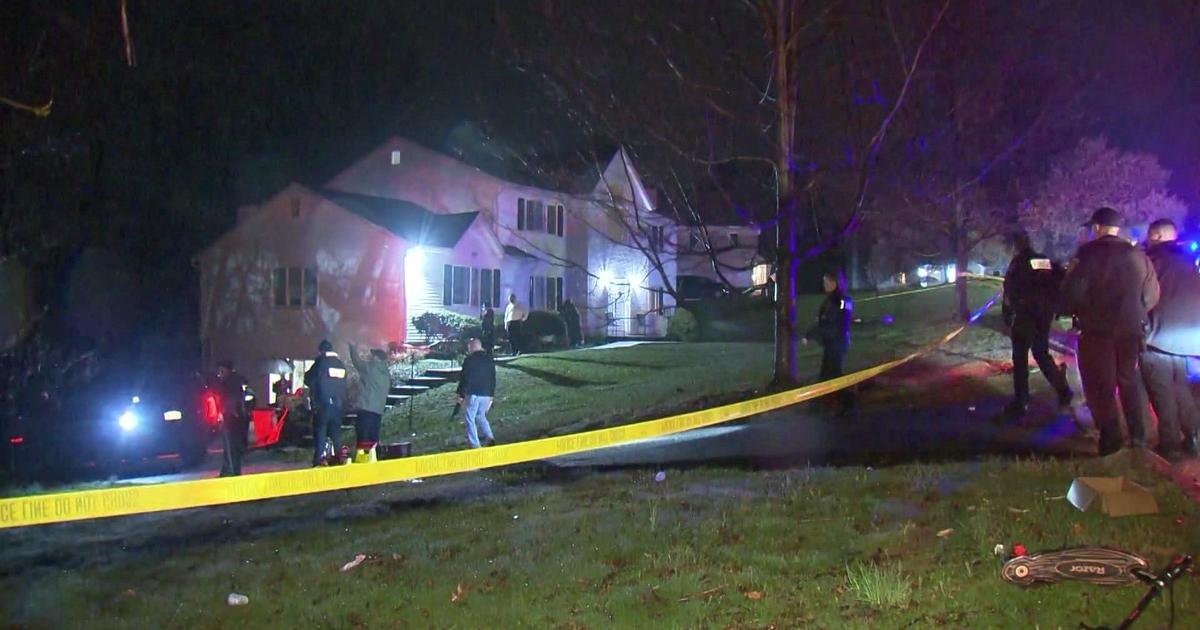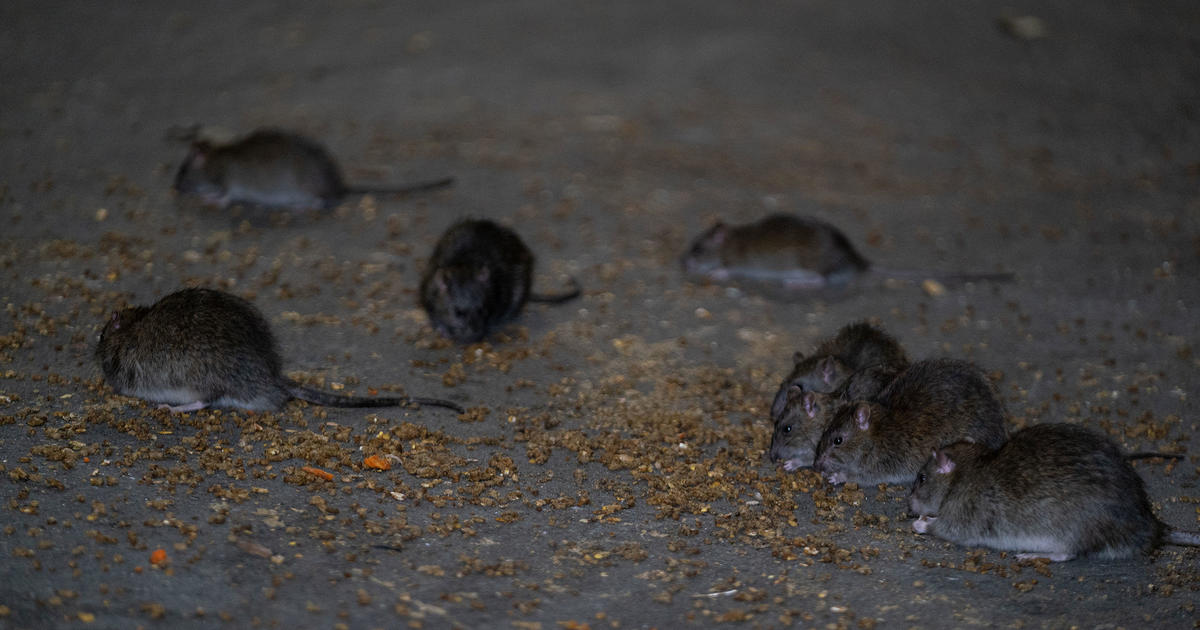Measles Outbreak Giving Patients 'Immune Amnesia,' Body Forgets How To Fight Other Dangerous Germs
NEW YORK (CBSNewYork/AP) — The nation's worst measles outbreak in a generation -- which was centered in the New York area -- has reportedly had an unexpected side-effect.
New research shows the measles virus is erasing your immune system's memory of how to fight off other germs, so children and others infected are more vulnerable to serious bugs like the flu or strep throat.
Scientists dubbed the startling findings "immune amnesia."
With measles on the rise, "it should be a scary phenomenon," said Dr. Michael Mina of Harvard's school of public health, lead author of research published Thursday in the journal Science.
"This goes under the radar" because doctors wouldn't necessarily connect a child's pneumonia to measles they suffered a year earlier, Mina explained. "But would they have gotten it if they hadn't gotten measles?"
The Harvard team analyzed blood samples taken from 77 children before and after a measles outbreak in an unvaccinated community in the Netherlands. They looked for antibodies, which remember viruses and bacteria they encounter to guard against a repeat infection. After recovering from measles, the youngsters were left with plenty of antibodies against that virus — but ones they'd previously harbored against other germs had plummeted.
The body can rebuild those defenses — but the scientists say it could take years.
In the most severe cases, "they're just as vulnerable as if they were infants," said study senior author Stephen Elledge, a Harvard geneticist.
MEASLES HEALTH EMERGENCY RESOURCES
- NYC.gov Measles Information Page
- Where To Get Immunizations In New York City
- Citywide Immunization Registry (CIR)
- Signs And Symptoms
- CDC Measles Statistics
A separate study, published Thursday in Science Immunology, supported the findings. Researchers from Britain's Wellcome Sanger Institute used the Dutch blood samples to genetically test antibody-producing cells, and concluded measles is eliminating enough to re-set the immune system to a baby-like state.
If protection against the misery — and sometimes life-threatening effects — of measles isn't enough reason to vaccinate children, specialists said the two studies offer a powerful new rationale.
"It's doubly important to vaccinate children," warned Dr. Mark Mulligan of NYU Langone Health, who wasn't involved with the new research. "It's a vaccine that protects against the specific target, measles virus, but also against immune suppression."
As of September, the Centers for Disease Control counted at least 1,200 cases of measles in 30 states this year. There were 654 measles cases reported in New York City since last October – the most in 30 years.
The outbreak -- largely centered in orthodox Jewish communities with low vaccination rates -- was so bad in the New York area, state officials issued mandates for all unvaccinated children to get the MMR measles shot. Religious exemptions to the measles vaccine were also discontinued in New York.
The Department of Health says doctors who issue medical exemptions will now be required to complete a state form specifically outlining medical reasons preventing a child from receiving each required vaccine.
Doctors have long known that people temporarily experience weakened immunity after measles. Using decades of health records, Mina previously reported that child deaths from other infections jumped after a measles outbreak, increases that lasted two or three years.
But no one knew why, until the new study.
Technology developed in Elledge's lab found antibodies in their blood against typical childhood germs, but two months after recovering from measles, the children had lost on average 20 percent of their usual antibody mix.
Some lost up to 70 percent of protection against specific bugs, limiting their ability to respond if they encounter that germ again.
(© Copyright 2019 CBS Broadcasting Inc. All Rights Reserved. The Associated Press contributed to this report.)



